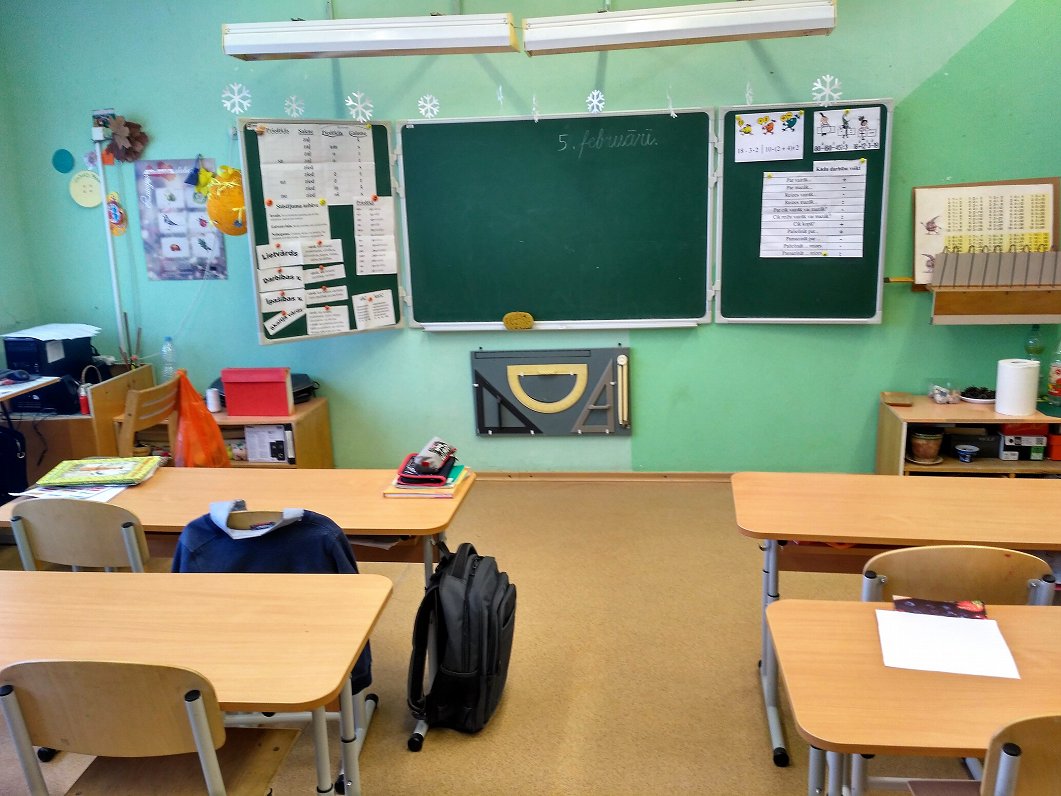Speaking on LTV's Morning Panorama show, the premier said that when deciding on a timetable for wage increases for teachers, the administration of his predecessor, Māris Kučinskis, set a number of conditions, including reforms in the education system. However, those reforms have failed to materialize, so there is not yet any reason to raise wages significantly, said the prime minister, adding that while 11.4 million euros have been found to raise teachers' salaries, in the longer term serious reforms need to be enacted to allow significant wage increases.
"The teaching union is asking for more... the problem with [the union] is they are presenting an ultimatum," Kariņš said, suggesting they would do better to work by compromise and consensus.
"The union should come and help government and help ministers find the best solutions. It's very easy to say 'I'm not happy'... I'm not happy, as well!" he said, and suggested that claims the money for larger pay rises could be found quite readily indicated the union "either does not understand or is misled."
The Prime Minister pointed out that in Estonia, for example, the education sector is allocated comparable resources as in Latvia as a percentage of the budget, but the salary of a teacher in the neighboring country is about twice as high. This can be explained by the fact that the education system in Estonia has been effectively organized, and this must also be done in Latvia, said Kariņš.
"We should compare ourselves with Estonia... we are both among the leaders in Europe [on budget spending allocation] at around 9%. In Estonia, with the same amount of money, teachers' salaries are almost twice as large. We have to ask the question, how can Estonia, with the same mass of money, can afford to pay teachers twice as much money? The answer is simple: they have organized their system. We have not organized our system. If we organize our system we can raise teachers' salaries to that same level," he said.
Kariņš added that a comparable process needed to take place in reform of regional administration and that the ministers responsible for Education and Local Government were working together on ways to improve their areas of responsibility.
The previous government approved a timetable for gradual wage increases for teachers last summer, according to which, the government would decide each year on real wage increases, because the plan includes the fact that certain criteria must be met: positive economic growth, reform of the school network and improvements of educational processes.
According to the schedule, the lowest monthly wage rate for teachers should increase from the current € 710 to € 750 from 1 September this year, but the new government has concluded that in 2019 wider increases in teacher salaries will not happen, prompting the ire of teaching unions who are due to express their frustration at a picket March 6 outside Saeima.





























